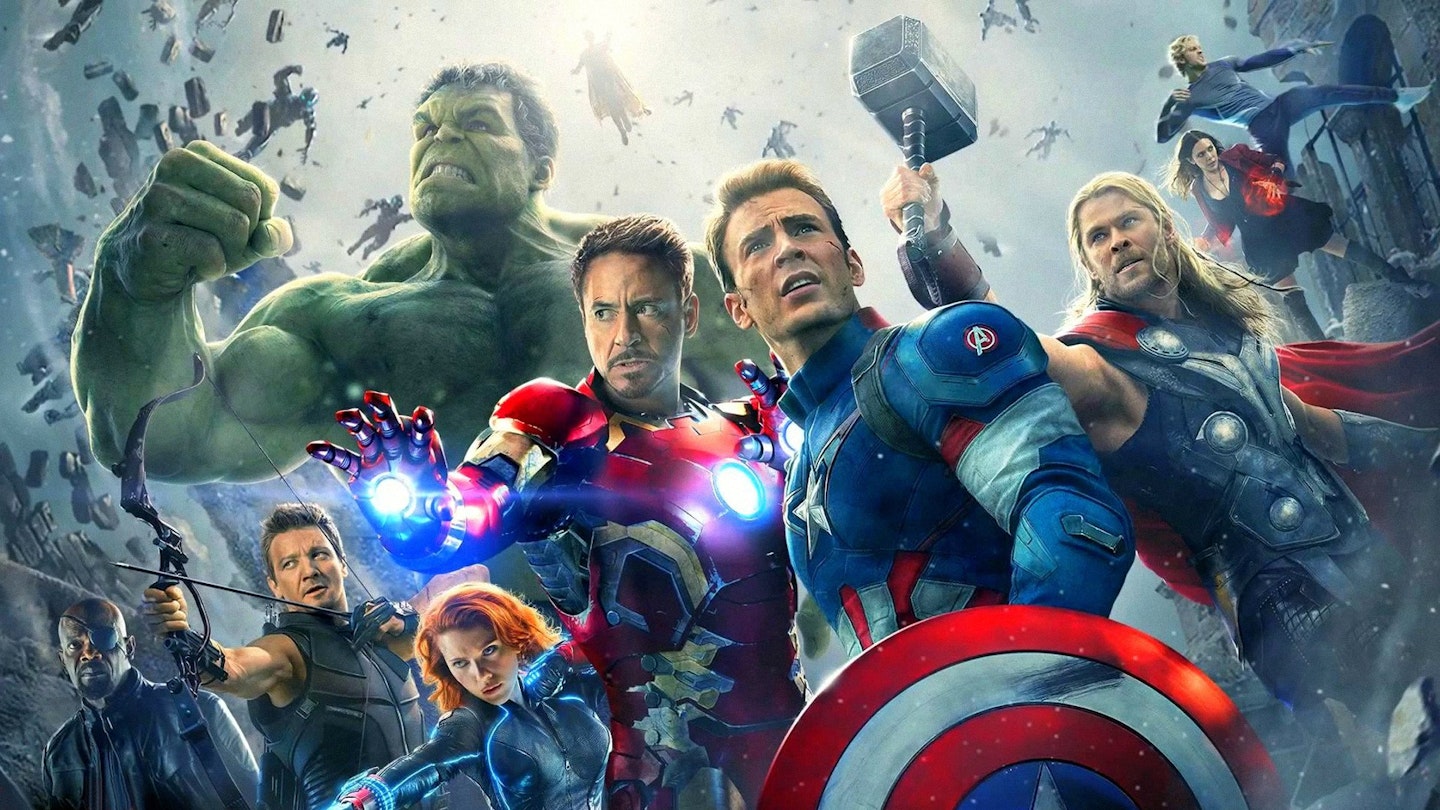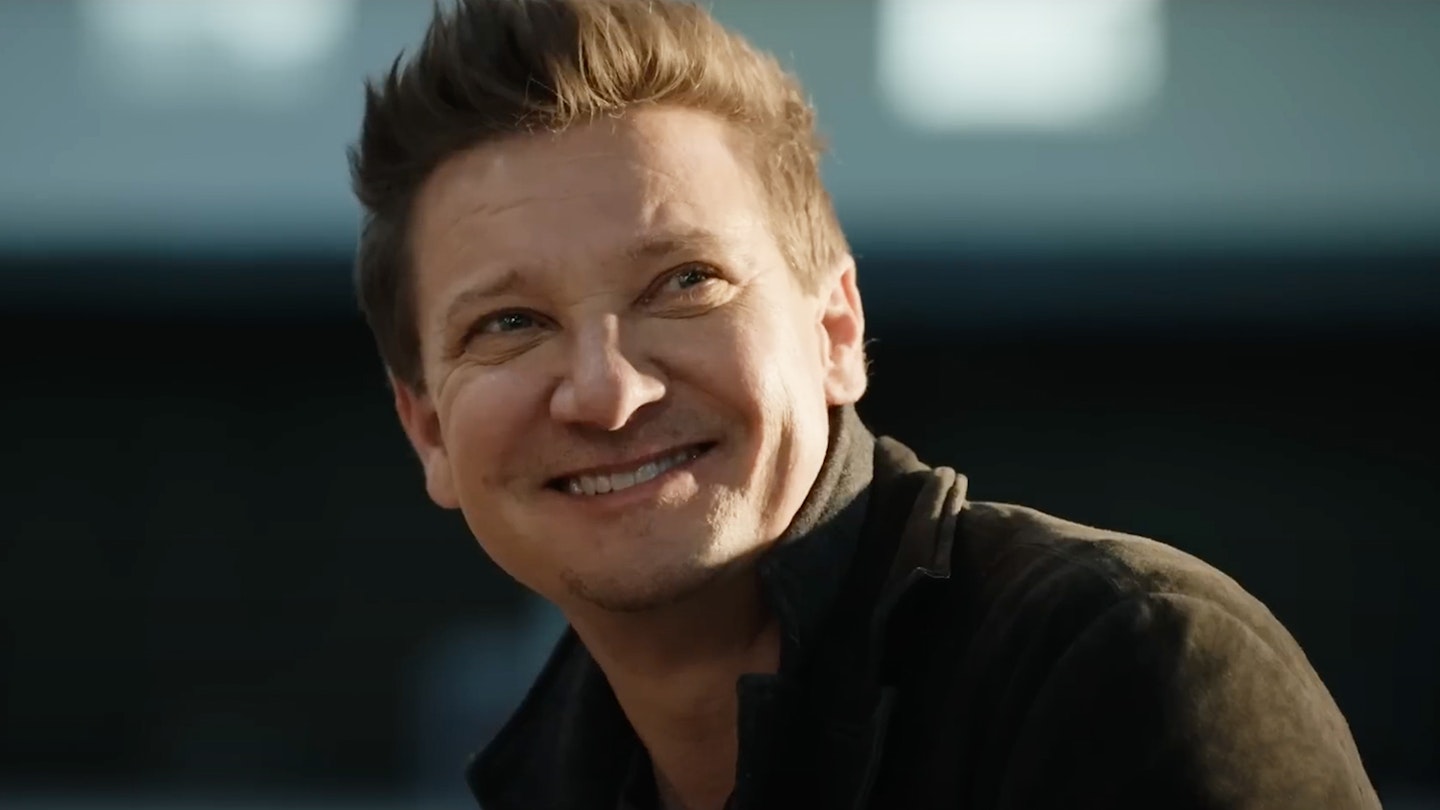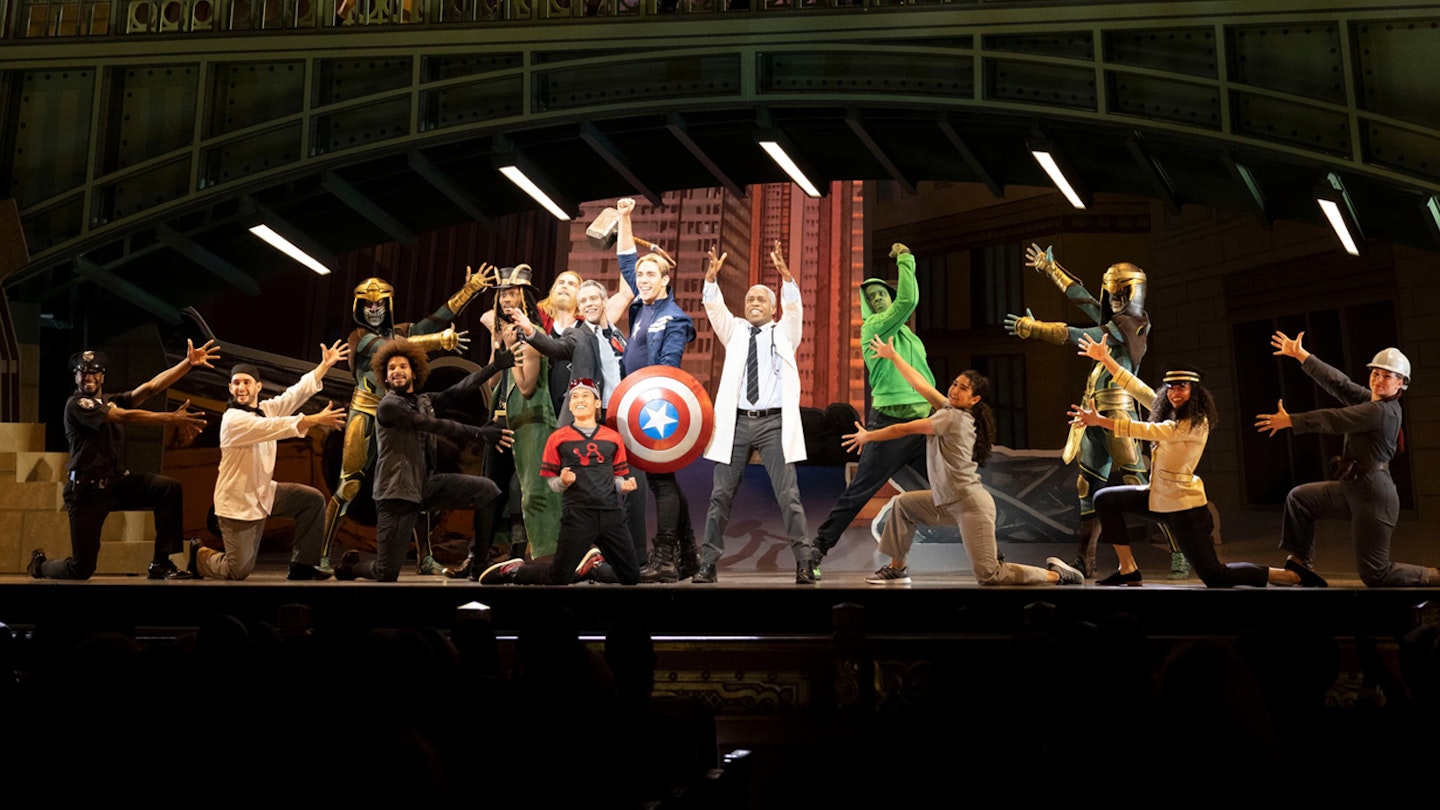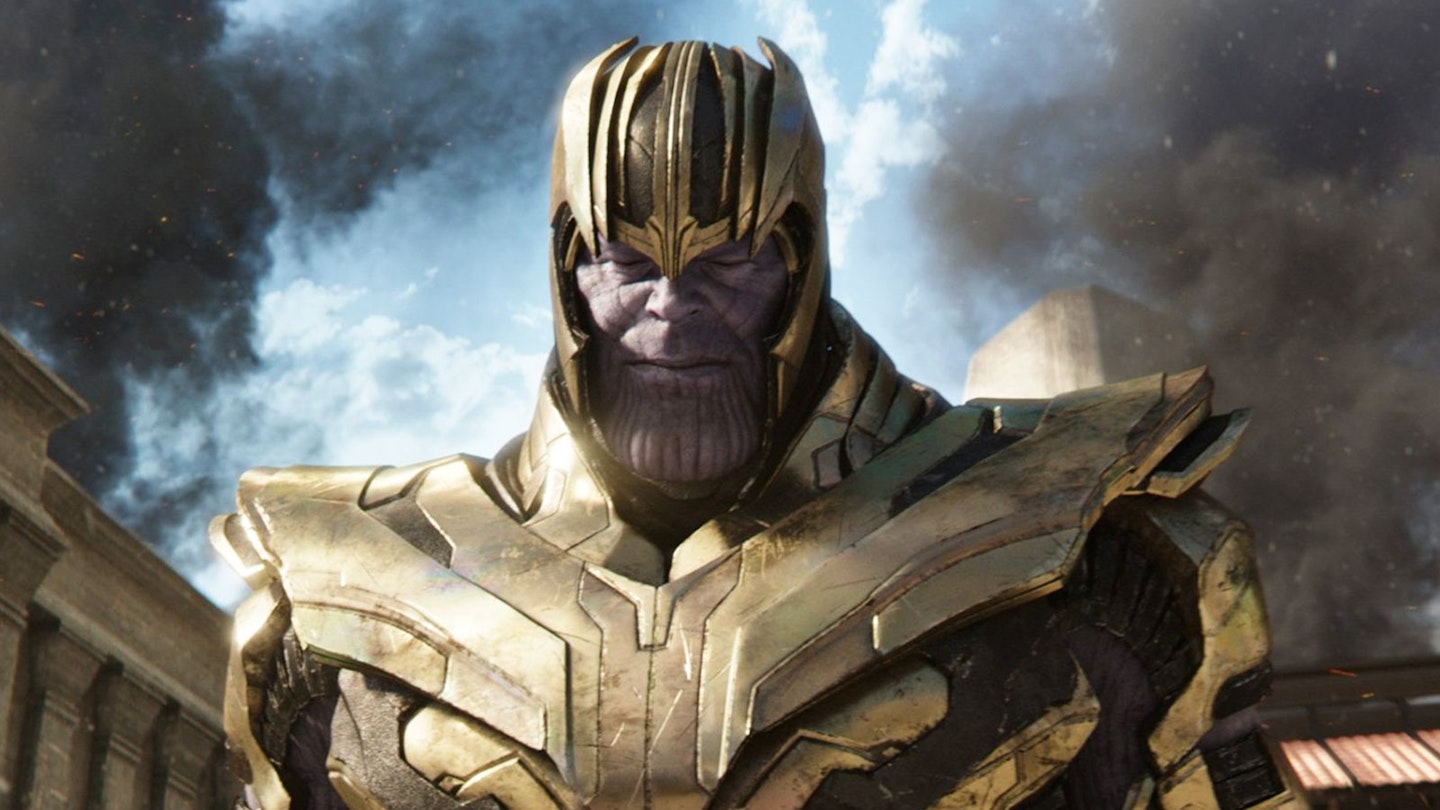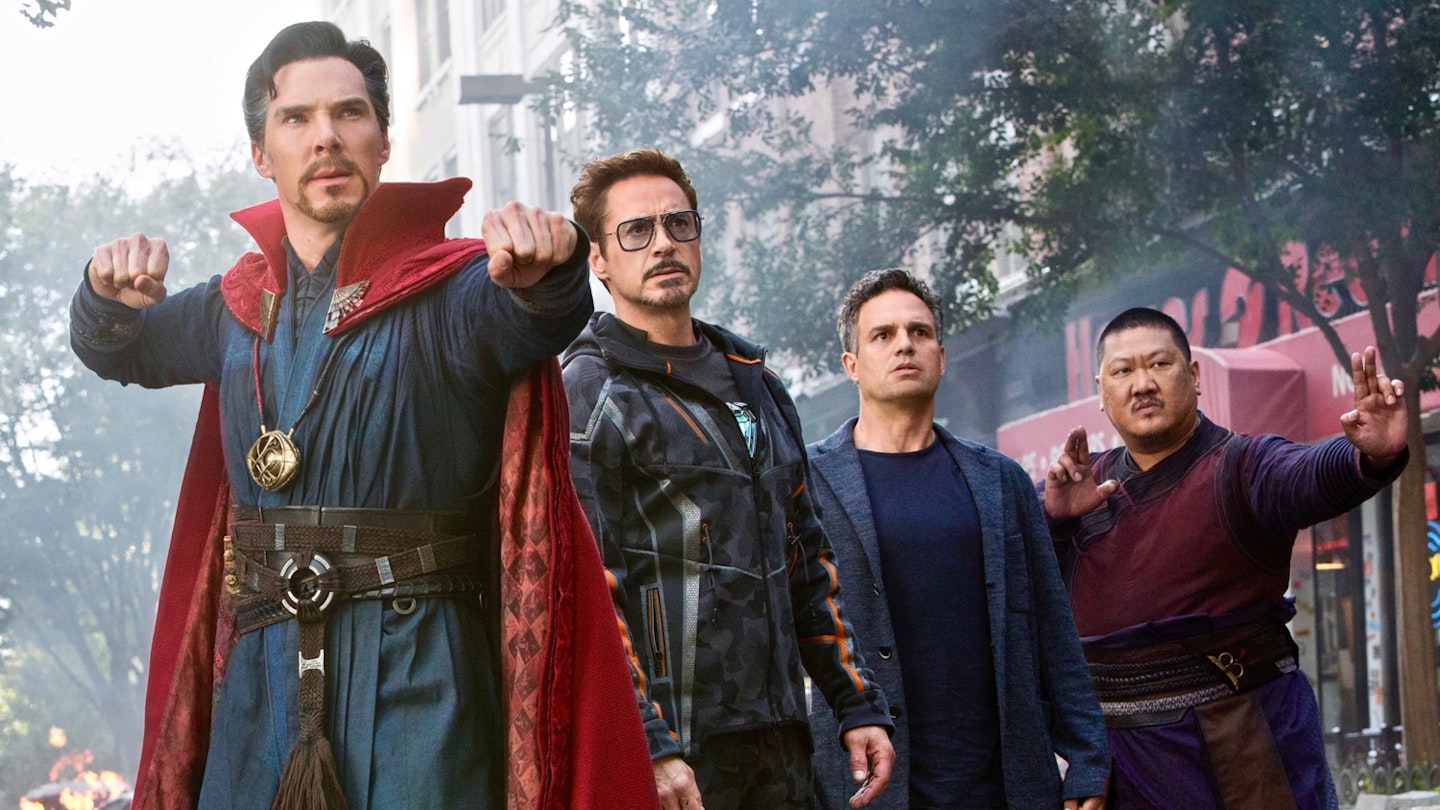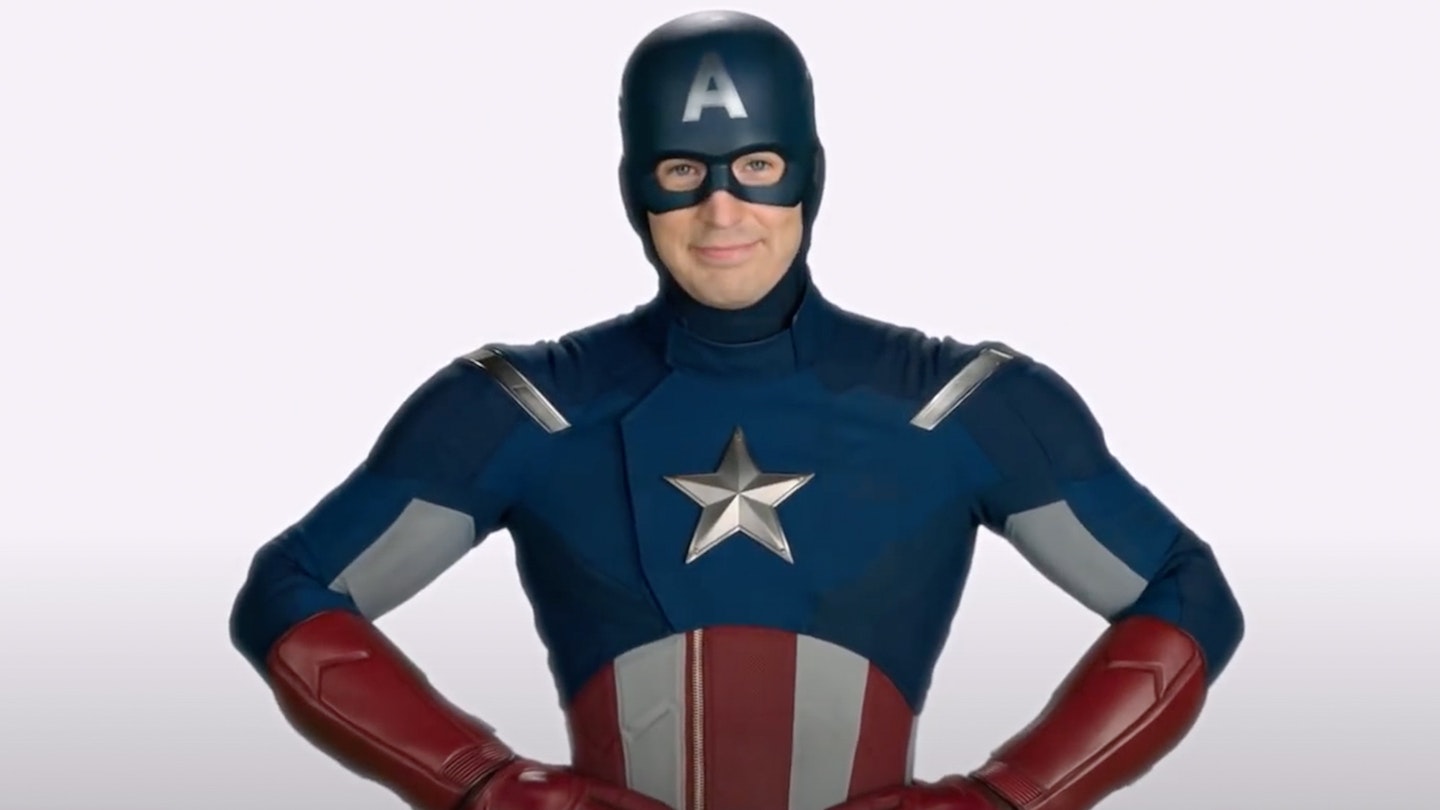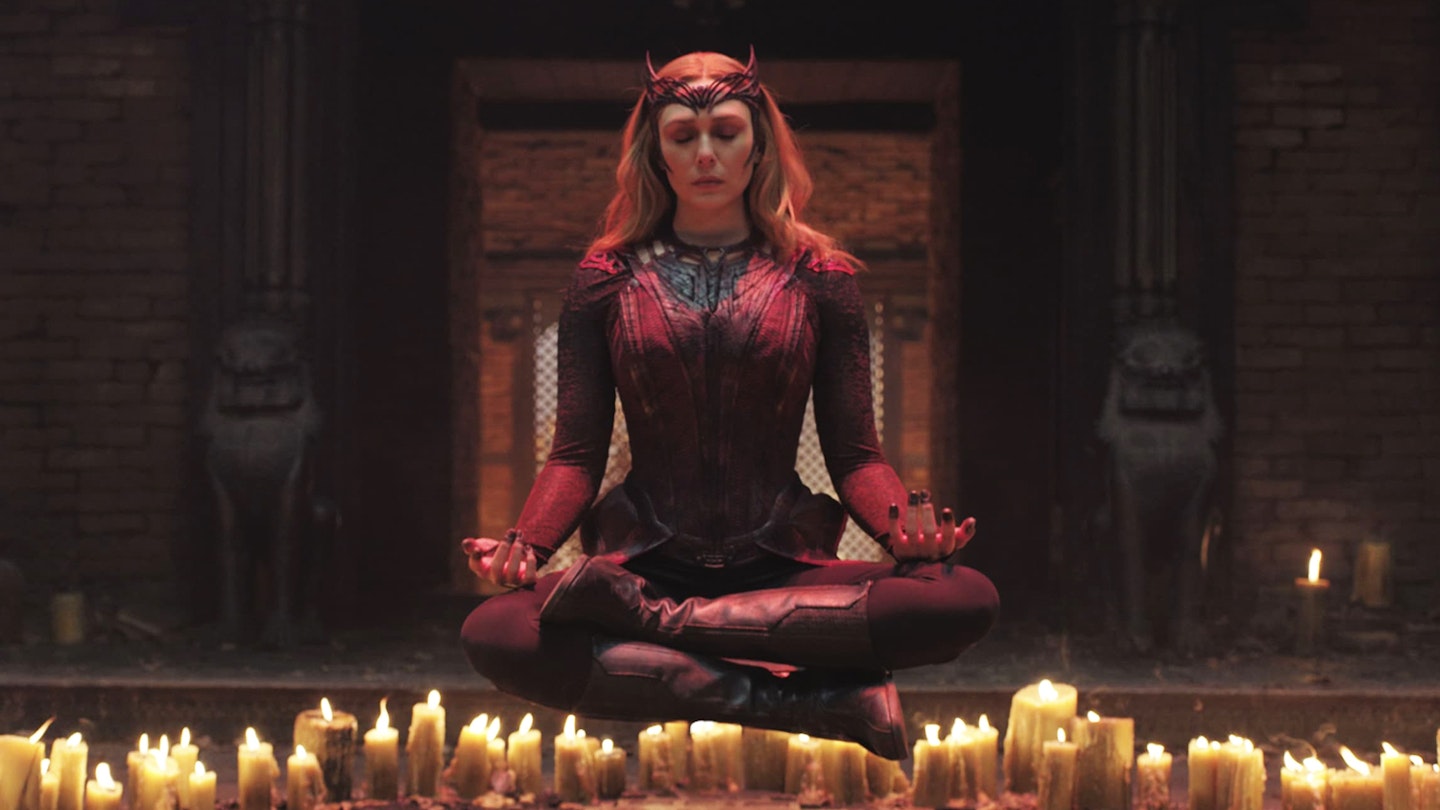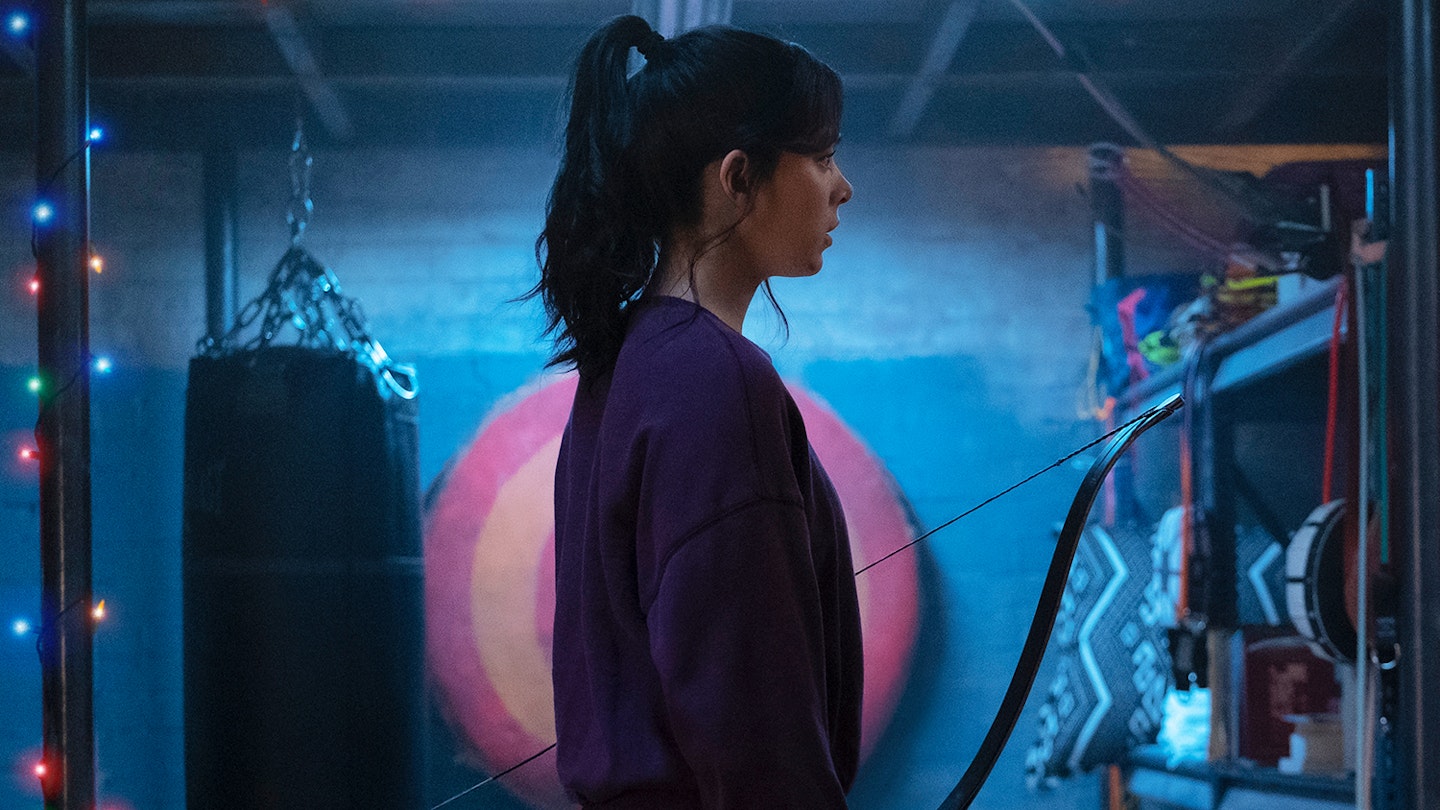A few years back, making Avengers Assemble work looked daunting: bring together four franchise leads and two supporting characters, plus bad guy, and make it watchable for those without a PhD in Comic Book Backstories. Joss Whedon’s mistake was to make the job look so easy, and his reward was an exponentially harder task. Age Of Ultron makes its triumphant, giddily enjoyable predecessor look like a secondary school production of Our Town. The cast has swollen to enormous proportions (the roll call of Avengers and allies is now 18, counting cameos) and the action has gone truly global. And this is not just the finale of Phase Two but a foundation stone for the next five or so films, a mind-boggling challenge, and a stunning achievement. Whedon deserves something easier to do next, like a musical version of War & Peace he could direct while lace making. In Antarctica.
Inevitably for a blockbuster sequel of this sort, it's a little darker. The characters still spark off one another and seem, for the most part, to enjoy one another’s company. But even our pole star, Chris Evans’ Captain America, finds his faith sometimes shaken here. The catalyst for much of the conflict is Elizabeth Olsen’s uncanny Scarlet Witch, Wanda Maximoff, who along with her super-fast twin brother Pietro (Aaron Taylor-Johnson), attacks the Avengers and causes them to see their worst fears brought to life, whether in memory or prophecy. It’s her opening strike at Tony Stark (Robert Downey Jr.) that magnifies his post-Avengers trauma and causes him to behave even more recklessly than usual, enlisting an unconvinced but amiable Bruce Banner (Mark Ruffalo) to create the peacekeeper A.I. Ultron. Tinged with madness from the start, Ultron (James Spader) emerges hating his creators and sure that the best way to save humanity is to destroy it.
What follows is a globetrotting attempt to discover Ultron's aims and stop him, a quest of considerable complexity and endless property damage (there's a Marvel spin-off show to be made about what the age of superheroes has done to worldwide insurance premiums). The Avengers see a plot; they thwart it. We all know how this is supposed to go. But complicating the search are the aforementioned Maximoff twins and the Avengers own guilts, desires and secrets, which spill out to cause a whole mess of family drama and more than one broken heart.
With every scene required to multi-task to give us heavy exposition, action and drama, it’s only Whedon’s gift for character that holds it together. He doesn't abandon nuance in the middle of a firefight – which is just as well given how much he has to fit in – and draws unlikely sympathies and parallels that elevate all the cast. Cap, for example, feels an immediate kinship with the twins, fellow survivors of experimentation. Ultron shares his creator's biting sense of humour and tendency for inappropriate wisecracking. Black Widow (Scarlett Johansson) empathises with Banner's fear of the monster within and they strike up a tentative romance, even as he once again learns to dread his powers (and anyone who thought Hulk was a little too nice last time, well, prepare to be smashed). Jeremy Renner’s Hawkeye, so underused before, keeps his head while all around him are losing theirs and provides the quiet centre around which the team revolves. Even the fight choreography demonstrates that these people have become a team, Thor smashing Cap’s thrown shield towards his enemies or Hawkeye taking down a threat that has neutralised his more powerful friends.
Whedon has settled into his role as director, showing a sure hand with the near-flawless visual effects work and the enormous action set-pieces. He revels in his reputation as a dealer of death to blackly hilarious effect, but also packs the film with moments to make a comic lover's head spin. The Avengers' opening attack through a snowy forest is the stuff that splash pages were made for, that beautiful trailer image of them all mid-air in attack a flourish to draw a cheer.
The film's biggest burden, ultimately, is not its plethora of characters but the tasks laden upon it by the wider Marvel universe. Where Assemble's world-changing felt largely organic, here specific targets appear to have been set to launch not just Captain America: Civil War, but also Thor: Ragnarok, Black Panther and the two-part Avengers: Infinity War. It adds complication to an already complex plot, in a way that can make this a little dense on first chew. What’s more, Marvel still hasn’t quite escaped their airborne-threat-to-a-city final act tendency, despite a valiant attempt to twist the formula here, and the need for a fresh sort of climax is now critical.
But Whedon does so much right, and injects such a powerful blend of humour and high-stakes into each scene, that we can’t pick too many holes. When we’d happily watch this cast of characters just cook dinner together, it’s hard to complain because they also save the world instead.
